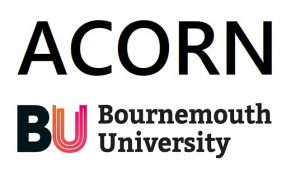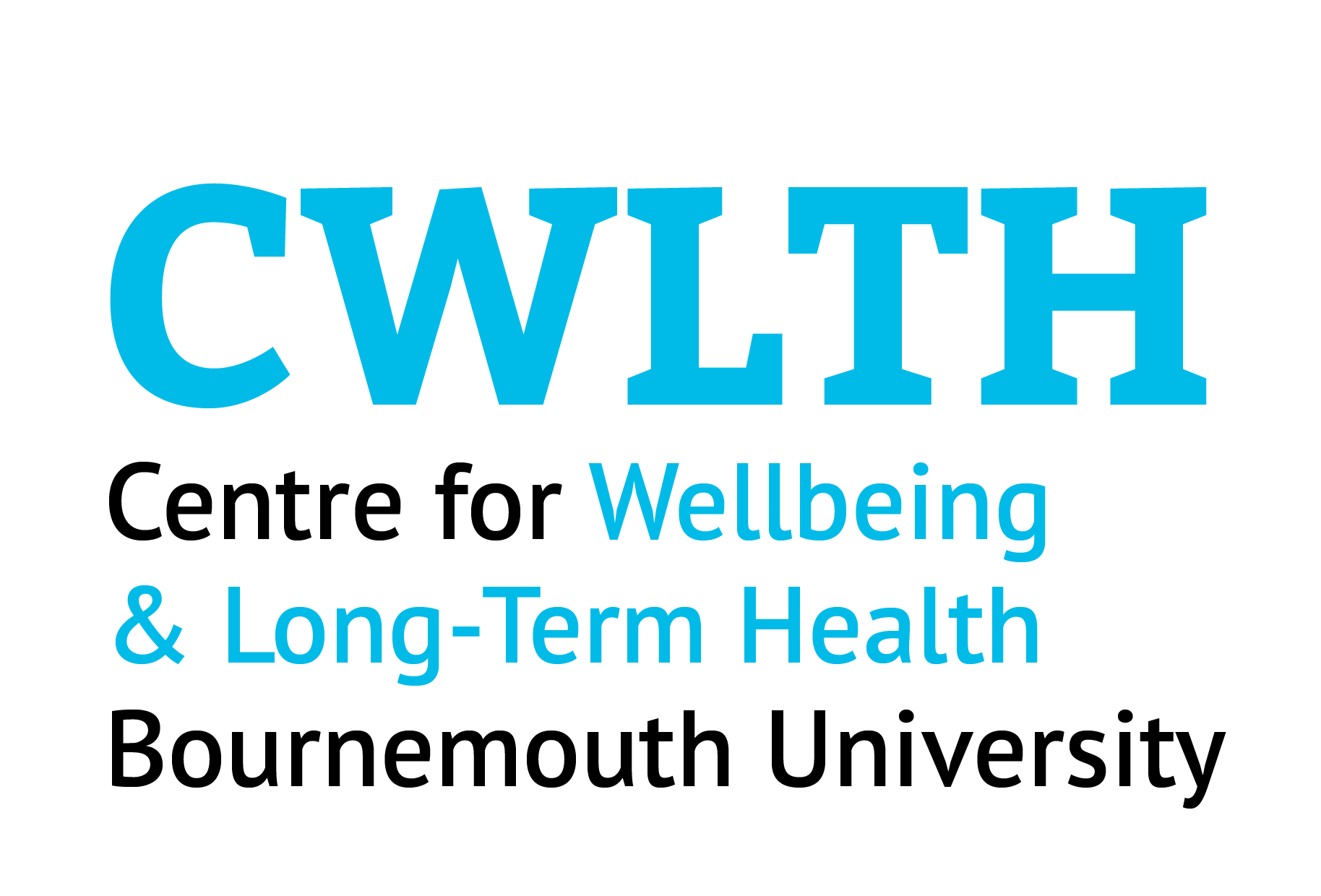 To support BU’s Early Career Researchers with the most promising talent, the ACORN Fund (Acceleration Of Research & Networking) Round 4 was announced in November 2021. This time, two options for ECRs were available – to apply for Standard Grant up to £5,000 or Large Grant up to £10,00; each applicant was allowed to only submit one proposal for Round 4. Before the closing date, 14 eligible applications were received.
To support BU’s Early Career Researchers with the most promising talent, the ACORN Fund (Acceleration Of Research & Networking) Round 4 was announced in November 2021. This time, two options for ECRs were available – to apply for Standard Grant up to £5,000 or Large Grant up to £10,00; each applicant was allowed to only submit one proposal for Round 4. Before the closing date, 14 eligible applications were received.
After application evaluation and careful consideration at the panel meeting in early January, the ACORN panel suggested the Research Performance and Management Committee (RPMC) to fund 10 proposed projects according to their final ranking – two Large Grants and eight Standard Grants. All winners have returned signed Award Notification letters and we are glad to announce the results.
Large Grants have been awarded to:
PI Samuel Rennie (FST), project tittle ‘Ancient Migrations through the “Mesoamerican Corridor”
PI Melanie Stockton-Brown (FMC), project tittle ‘Copy Tatts: Copyright within Tattooing Culture’
Standard Grants have been awarded to:
PI Liam Wignall (FST), project tittle ‘An international study of pup play communities’
PI Reece Bush (FST), project tittle ‘Personality and gambling: An eye-tracking study on attention to responsible gambling messages and promotional content on webpages’
PI Matthew Armstrong (HSS), project tittle’The effectiveness of a physical activity behavioural modification intervention to promote activities of daily living in those with long term symptoms of COVID-19′
PI Sarah Collard (FST), project tittle ‘Physical activity levels of people with Epilepsy in the UK’
PI Samuel Hills (HSS), project tittle ‘Weather conditions and UK drownings: Progressing data reporting and targeted water safety policy’
PI Guljira Manimont (BUBS), project tittle ‘Exploring the role of FoodPorn in culinary precinct attractiveness: a case of Dorset, UK’
PI Mallika Tamvada (FMC), project tittle ‘Challenges under the Mandatory Form of Corporate Social Responsibility in a Globalised World – Can Collaborative CSR be a way forward for addressing the most compelling societal problems?’
PI Kate Terkanian (FMC), project tittle ‘Bournemouth and Beales: Department Stores, Community, and the Decline of the High Street’
 Congratulations to all winners!
Congratulations to all winners!
These awards support BU’s commitment to the Concordat to Support to Career Development of Researchers and are made possible by BU’s QR (Quality Research) allocation for 2021/22 financial year.
We believe, our ECRs will be able to gain experience of managing and leading their own pilot research projects and successfully apply for external funding in the future.
On behalf of the ACORN panel, let me wish the best luck with implementation of your projects.
 Postdoctoral Research Fellow Abier Hamidi recently conducted the first of two Patient and Public Involvement workshops with Arabic women. Mentored by Prof. Edwin van Teijlingen and Dr. Pramod Regmi, and funded by FHSS QR Pump Prime, Abier explores Arabic women’s understanding of Violence Against Women and Girls (VAWGs) and their access to health services. During this initial workshop, three Arabic women actively contributed their insights and experiences to refine the questionnaire, design the survey dissemination strategy, and ensured ethical, linguistic, and cultural considerations were met.
Postdoctoral Research Fellow Abier Hamidi recently conducted the first of two Patient and Public Involvement workshops with Arabic women. Mentored by Prof. Edwin van Teijlingen and Dr. Pramod Regmi, and funded by FHSS QR Pump Prime, Abier explores Arabic women’s understanding of Violence Against Women and Girls (VAWGs) and their access to health services. During this initial workshop, three Arabic women actively contributed their insights and experiences to refine the questionnaire, design the survey dissemination strategy, and ensured ethical, linguistic, and cultural considerations were met.
 To support BU’s Early Career Researchers with the most promising talent, the ACORN Fund (Acceleration Of Research & Networking) Round 4 was announced in November 2021. This time, two options for ECRs were available – to apply for Standard Grant up to £5,000 or Large Grant up to £10,00; each applicant was allowed to only submit one proposal for Round 4. Before the closing date, 14 eligible applications were received.
To support BU’s Early Career Researchers with the most promising talent, the ACORN Fund (Acceleration Of Research & Networking) Round 4 was announced in November 2021. This time, two options for ECRs were available – to apply for Standard Grant up to £5,000 or Large Grant up to £10,00; each applicant was allowed to only submit one proposal for Round 4. Before the closing date, 14 eligible applications were received. Congratulations to all winners!
Congratulations to all winners! This round slightly differs from previous rounds. Two options for ECRs are available – Standard Grants up to £5,000 that can be delivered before the end of July 2022 and Large Grants up to £10,00 for projects to be completed within 12 months. For more details, refer to the
This round slightly differs from previous rounds. Two options for ECRs are available – Standard Grants up to £5,000 that can be delivered before the end of July 2022 and Large Grants up to £10,00 for projects to be completed within 12 months. For more details, refer to the  Following links, you can find ACORN
Following links, you can find ACORN  Putting the ACORN Fund into strategic context, under BU2025, the following funding panels operate to prioritise applications for funding and make recommendations to the Research Performance and Management Committee (RPMC):
Putting the ACORN Fund into strategic context, under BU2025, the following funding panels operate to prioritise applications for funding and make recommendations to the Research Performance and Management Committee (RPMC): We have been waiting for news from Research England about the recurrent RKE grants for this year, confirmation of which has been delayed whilst UKRI waited for BEIS to confirm their budget. There was some initial news yesterday, which is summarised below. Institutional allocations will be published next month but overall there’s an increase in funding available, so hopefully we’ll secure more funding than last year 🤞
We have been waiting for news from Research England about the recurrent RKE grants for this year, confirmation of which has been delayed whilst UKRI waited for BEIS to confirm their budget. There was some initial news yesterday, which is summarised below. Institutional allocations will be published next month but overall there’s an increase in funding available, so hopefully we’ll secure more funding than last year 🤞
















 From Sustainable Research to Sustainable Research Lives: Reflections from the SPROUT Network Event
From Sustainable Research to Sustainable Research Lives: Reflections from the SPROUT Network Event REF Code of Practice consultation is open!
REF Code of Practice consultation is open! BU Leads AI-Driven Work Package in EU Horizon SUSHEAS Project
BU Leads AI-Driven Work Package in EU Horizon SUSHEAS Project ECR Funding Open Call: Research Culture & Community Grant – Apply now
ECR Funding Open Call: Research Culture & Community Grant – Apply now ECR Funding Open Call: Research Culture & Community Grant – Application Deadline Friday 12 December
ECR Funding Open Call: Research Culture & Community Grant – Application Deadline Friday 12 December MSCA Postdoctoral Fellowships 2025 Call
MSCA Postdoctoral Fellowships 2025 Call ERC Advanced Grant 2025 Webinar
ERC Advanced Grant 2025 Webinar Update on UKRO services
Update on UKRO services European research project exploring use of ‘virtual twins’ to better manage metabolic associated fatty liver disease
European research project exploring use of ‘virtual twins’ to better manage metabolic associated fatty liver disease